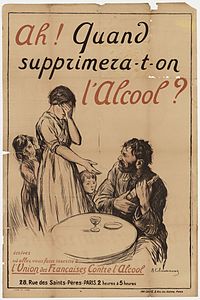
Photo from wikipedia
A recent paper in Nature Medicine found that psilocybin therapy in patients with depression decreased brain network modularity (measured with task-free functional magnetic resonance imaging), an effect supposedly not found… Click to show full abstract
A recent paper in Nature Medicine found that psilocybin therapy in patients with depression decreased brain network modularity (measured with task-free functional magnetic resonance imaging), an effect supposedly not found with the selective serotonin reuptake inhibitor S-citalopram. This decrease in network modularity also correlated with depression. Here, we raise several issues with this paper, including inconsistencies in reports of the primary clinical outcome, statistical flaws including a one-tailed test, nonsignificant interaction, and regression to the mean, the ambiguity and overinterpretation of "resting state" data, and a missing reference for a conceptually similar study that exemplifies why a one-tailed test cannot be justified. Together, these issues make us question the uniqueness and impact of these findings, as well as the unwarranted media hype that they generated.
Journal Title: ACS chemical neuroscience
Year Published: 2022
Link to full text (if available)
Share on Social Media: Sign Up to like & get
recommendations!